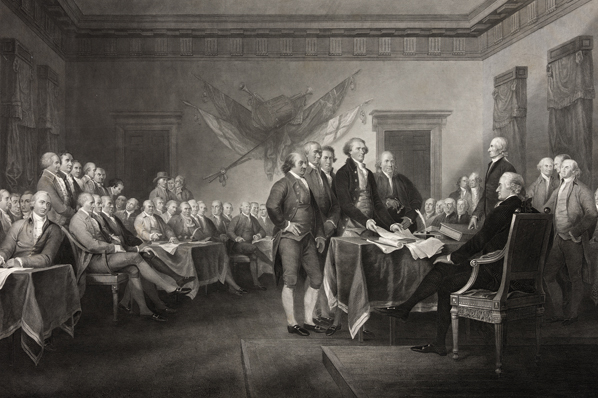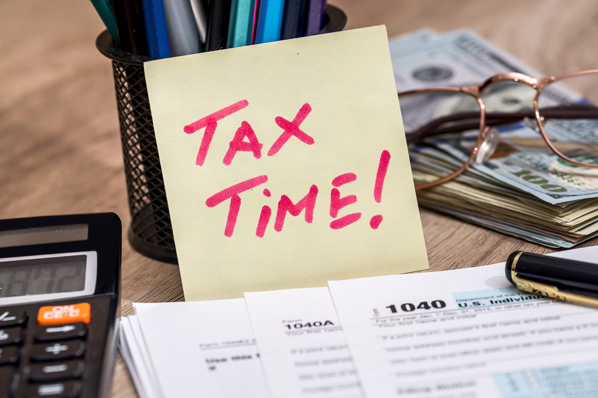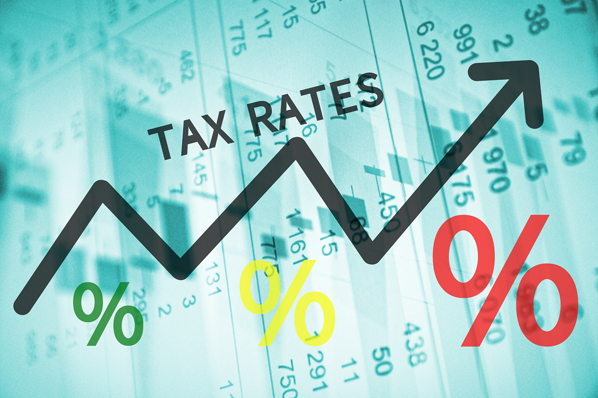A Brief History Of Taxes

To pay for stuff requires money. Yes, you can find some folks who have set up a barter system for goods and services. However, if you have no skills or goods to offer, then you need to reach into the wallet. That holds true for the government as well. All those roads, schools, bridges, tunnels (and everything else) don’t pay for themselves. In order to keep the country humming, the federal and state governments collect taxes. If there is one thing we all share, it’s the displeasure with paying taxes. There is really no way to avoid the April 15th Tax Day Deadline. However, it wasn’t always like this.
O.T. or Original Taxes

On many levels, this country was formed because we didn’t like to pay taxes. At least, not taxed without representation. While we were still a British Colony, the King slapped a tax on pretty much anything that was bought or sold. A few randy patriots had enough. They dressed up like Native Americans, went to Boston Harbor and dumped the newly arrived crates of tea into the brink. “That’ll teach them,” they surely exclaimed. The result was nothing short of revolutionary.
When all the shooting and declaration writing was over, a new country was formed. Guess what was one of the first things the United States Congress enacted? Yes, a tax. This was also cause for the first rebellion that had to be put down by then President George Washington. Only this time the fight wasn’t over tea but whiskey as in the Whiskey Rebellion of 1791. The kibosh was put on that uprising toot sweet. For the next hundred years, the only tax collected was on imports and exports. That’s where the time machine comes into play. If you want to live in an America with no personal income tax, you need to go back to the 1800s.
The New Income Tax

Around 1894, the Congress decided that they needed more money. Hold your eye roll. We were just getting too big to pay for everything with those import/export taxes so Congress did what Congress does which was enact a countrywide personal income tax. Before they could say, “Filing deadline,” the law was ruled unconstitutional. Fair enough. Congress then changed the constitution.
For those keeping score at home, this would be the 16th Amendment and it goes a little something like this: “The Congress shall have power to lay and collect taxes on incomes, from whatever source derived, without apportionment among the several States, and without regard to any census or enumeration.”
Tax Rates

The lowest tax rates where those first ones. Americans were hit with 1% on anything over $3,000. At $200,000 that rate jumped to a whopping 6%. The highest tax rate was 94% and that was levied during the Great Depression. Imagine paying 94% of what you earn to the government. Talk about revolting! Today, the personal income tax rate hovers at 39%. That is also a rate that nobody ever pays thanks to deductions and loopholes.
When it comes to filing taxes do you take care of it early or wait until the last minute?
